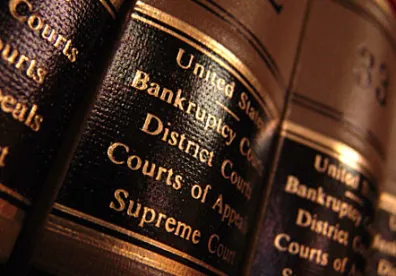One of the essential elements of a contract is the consent of the parties. Cal. Civ. Code § 1550(2). When a party is a corporation, there is always a question of whether the person or persons signing the contract have the authority to do so on behalf the entity. There is also the question of who can challenge the authority of a corporate signatory to bind the corporation.
In re Holy Hill Cmty. Church, 2017 U.S. Dist. LEXIS 2352 (C.D. Cal. Jan. 5, 2017) involved a challenge to the validity of a contract executed by a church. The bankruptcy court, however, found that appellants, as corporate outsiders, lacked standing to pursue these claims, basing its decision on (1) Korean Philadelphia Presbyterian Church v. California Presbytery, 77 Cal. App. 4th 1069 (2000), and (2) California Corporations Code Section 208(a). U.S. District Court Judge Michael W. Fitzgerald, affirmed, writing:
Although the Court finds this to be a close and difficult question, the Court agrees with the Bankruptcy Court that Appellants lack standing to challenge the authority of the signatories to enter into the Amended RUA. The purchase of the property and reserved claims did not automatically entitle Appellants to challenge any matter related to corporate governance of HHCC. The California authorities do not distinguish between claims seeking to enforce and those seeking to render invalid actions taken by corporate officers. Rather, as the California Supreme Court stated in Snukal [v. Flightways Mfg., Inc., 23 Cal. 4th 754 (2000)], the Corporations Code generally “restricts third parties from questioning the manner in which the corporate directors have exercised their powers.” 23 Cal. 4th at 787. Appellants claims do just that, by alleging the signatories, then members of HHCC’s directing body—the “Session”— acted without valid authority. Only certain parties may bring such claims under California law, and Appellants are not included in that group. The Court thus rejects Appellants’ argument that their claims fall outside the scope of section 208(a).
Both the bankruptcy court and Judge Fitzgerald cite Corporations Code Section 208. This strikes me as very inapt. Section 208 is part of the General Corporation Law. As such, it does not apply to nonprofit corporations. Although Judge Fitzgerald’s opinion does not indicate whether the church is a nonprofit corporation, I would be very surprised to learn that it was incorporated under the General Corporation Law. The analogous provision in the California Nonprofit Corporation Law is Corporations Code Section 5141.



 />i
/>i

